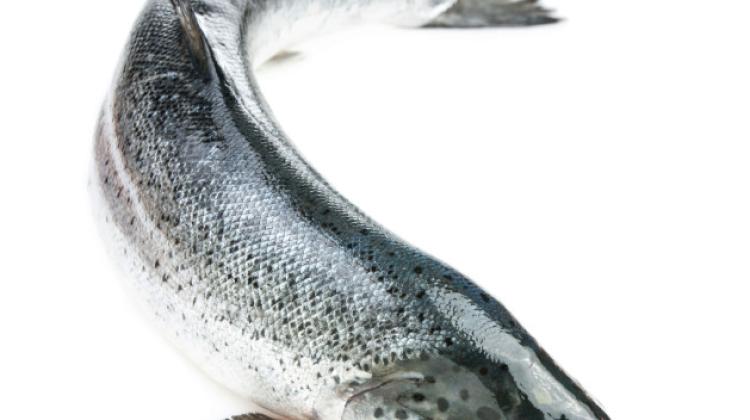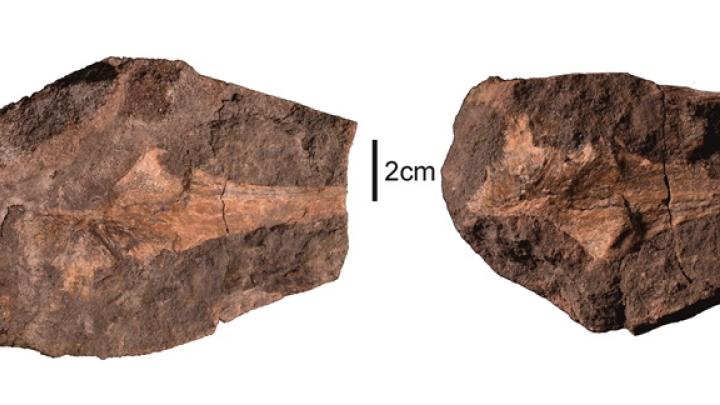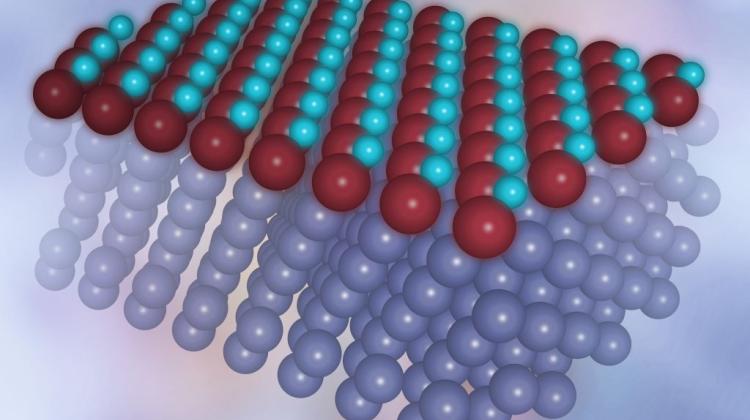Fish genes preserved in Olsztyn bank

Sperm of nearly 20 species is preserved by researchers in fish sperm bank, run by the Institute of Animal Reproduction and Food Research PAS in Olsztyn. The collection allows to protect the species in the event of an epidemic, and helps scientists to monitor changes in the environment.
"The project is unique. All kinds of animal and plant gene banks operate in Poland, but there has never been an initiative to create a fish gene bank. Poland is in its infancy in this field, while the world\'s fish gene banks have been operating for a long time" - told PAP Dr Grzegorz Dietrich from the Institute of Animal Reproduction and Food Research of the Polish Academy of Sciences.
Large scale fish sperm banks in the U.S. and Canada are aimed at protecting local populations Pacific salmon. "Norwegian Atlantic salmon sperm bank contains 6500 individual sperm samples obtained from 169 populations. Sperm banks are also organized in other countries, including India, Taiwan and Russia" - said Dr. Dietrich.
Since freezing fish eggs it is not possible for now, the bank has only sperm of about 20 species of farm fish (such as rainbow trout and sturgeon) and wild fish (whitefish, salmon, sea trout). It is frozen and stored at low temperatures. Most cryopreservation uses liquid nitrogen temperature (-196 °C). Theoretically viability of biological material stored at these temperatures should be maintained for at least three thousand years.
"With liquid nitrogen cryopreservation methods, gene banks allow to collect frozen cells of many individuals at a single location. They also serveas a +safety belt+ in the event of epidemics, extinction of a populations, for example, as a result of pollution of the river or a reservoir drying" - explained the researcher. Scientists can not use eggs, but - as Dr. Dietrich explained - in the case of fish species, they can restore a species with just cryopreserved sperm. They will need, however, roe of a related species.
"Since a single cell typically contains complete genetic information specific to one individual, it can be concluded that regardless of the fate of the organism, its genome will last for at least a few thousand more years" - said Dr. Dietrich.
For scientists such collections also provide unique material for research and experimentation. The Bank operates within the framework of the Laboratory of Reproductive Biomethods and Biotechnology, which is equipped with research equipment for evaluating the quality of reproductive cells and their maintenance at various temperatures.
"We keep in touch with breeders who define their needs. We have participated in the protection of the gene pool of Łeba whitefish from Lake Łebsko. We participate in the preservation os the population of rainbow trout. In the Wild Animal Park Kadzidłowo, we have reconstructed the sperm of black grouse and wood grouse" - described Dr. Grzegorz Dietrich. "We can compare species frozen many years ago, with the current species, whoch allows us to monitor changes in the environment. This is a fascinating material for experiments" - he admitted.
PAP - Science and Scholarship in Poland
ekr/ agt/ mrt/
tr. RL
Przed dodaniem komentarza prosimy o zapoznanie z Regulaminem forum serwisu Nauka w Polsce.

















